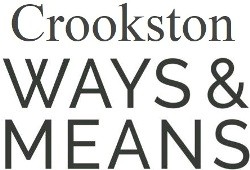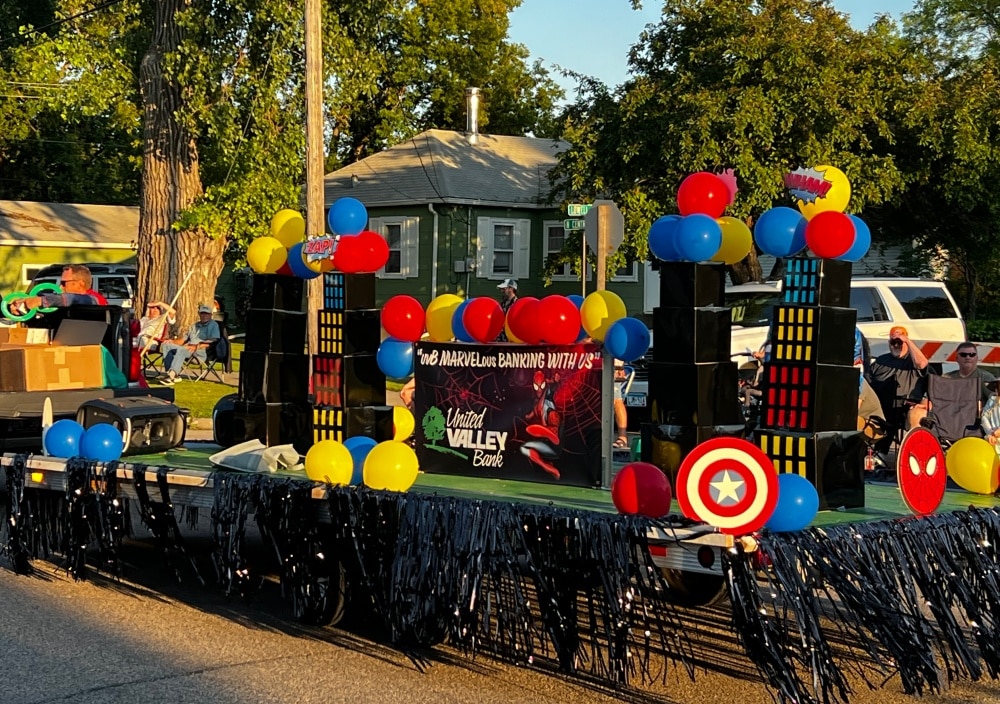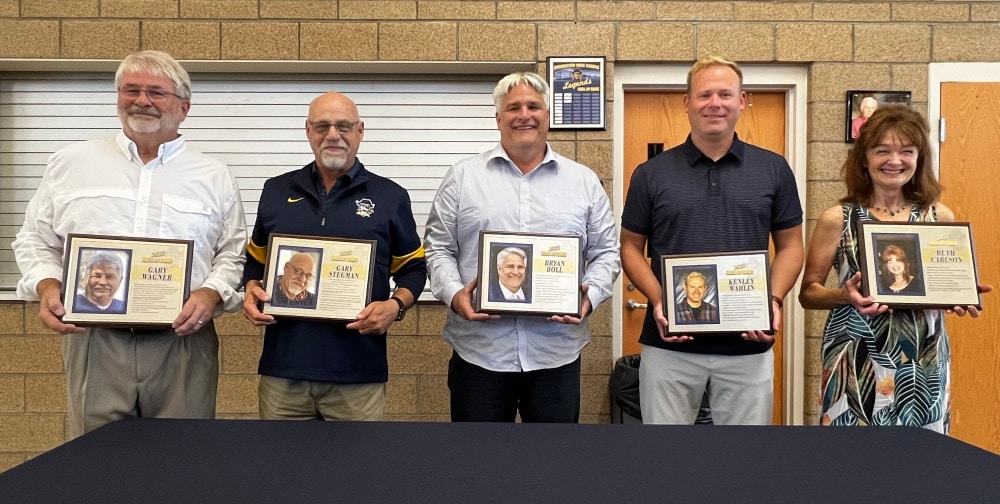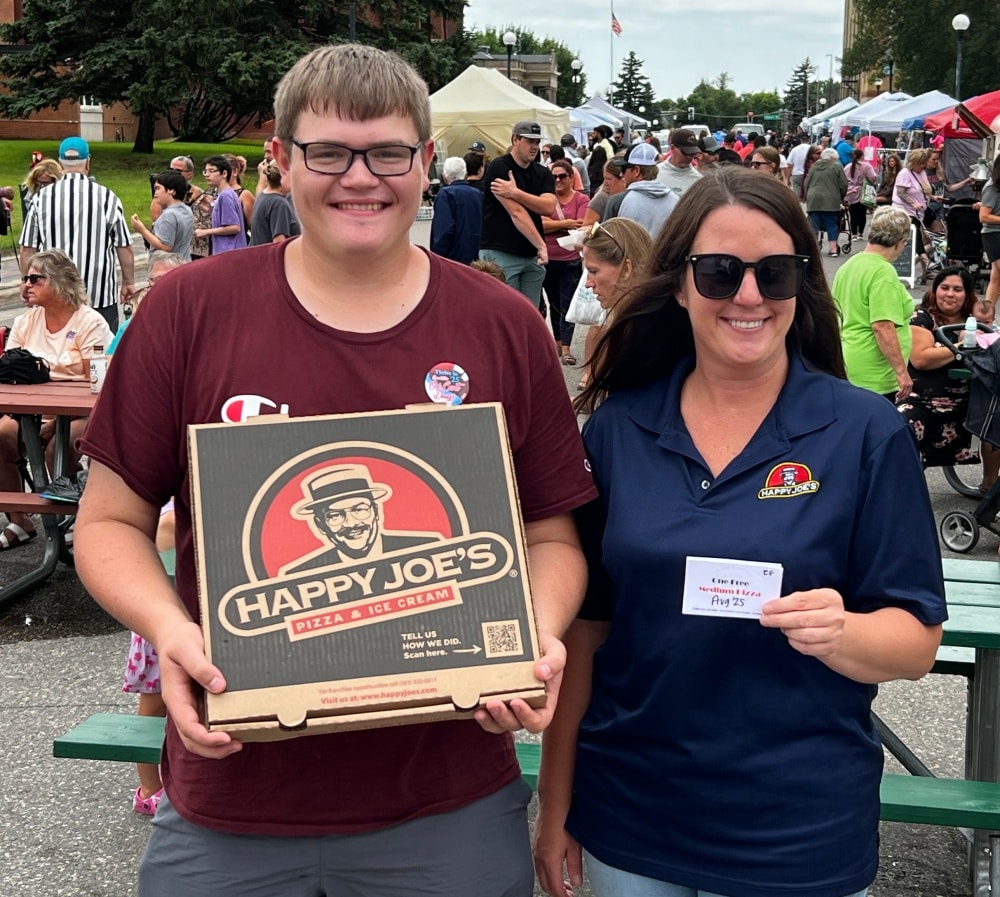Following the conclusion of the City Council meeting on Monday night, the Ways and Means Committee discussed further garbage services and plans and cannabis updates leading up to January 2025.
GARBAGE COLLECTION
Only four percent of Crookston residents currently use the Crookston garbage services. All residents pay $6 a month for these services (drive-by fee), and the city receives an estimated $100,000 annually from that fee. “Right now everybody pays six dollars a month for residential houses because we only provide garbage services to single households,” said Director of Public Works Brandon Carlson. “Apartments and other establishments have to get dumpster services from a private firm.”
Carlson presented possible solutions for garbage collection to the Ways & Means Committee.
One of the possibilities is adding garbage can services and cost of them. Carlson estimated that 35-to-95-gallon cans would cost $8 to $10 per month or $96 to $120 per year for service.
Other possibilities included the city hiring a private company to take care of the services. Still, Carlson stated it could benefit the town more so if they continued the current service. “Is it more economical to look for a private waste management firm? Or a bigger trash collector?” said Carlson. “My gut tells me it will be cheaper for our residents to keep our city staff doing our services. And I would like to develop a can service.”
Another solution presented to the Committee was adding to the current garbage truck so that a garbage can system could be in place. Adding a can dumper to the garbage truck can allow city staff to dump cans from the curbs of resident’s homes. This might be beneficial because many Crookston residents travel to the transfer station to dispose of their trash. If the can service were implemented, monthly garbage fees would go up to $16 monthly ($10 per can use, $6 drive-by price). Carlson’s next step in this process is to collect data from neighboring communities with municipal or private garbage services. He will compare the numbers and results of these services and present more possible solutions to Council in their next meeting.
City Administrator Corky Reynolds said the options presented that may benefit the garbage services. “The data to be gathered is crucial in the city deciphering the service options. We asked if they could obtain information in terms of what other cities do,” said Reynolds. “What do they charge for their canisters? How do they charge for their pickup? How does the cycling work?” The Council is searching for more information to make a more educated decision.
CANNABIS UPDATES
The committee discussed recent cannabis updates from the State of Minnesota Legislature. The big question is what does the city have to do to be ready for the new legislation. “How will we deal now with the new cannabis legislation that involves T.H.C, sale of flowers, sale of seeds, and sale of plants,” said Reynolds. Council also talked about the selling parameters and the amounts that can be sold.
With more cannabis use and legal selling permits due to be implemented by the Minnesota State Legislature in January of 2025, it may come down to a city’s decision determining if that city will partake in the business.
Owners of CannaCorners John Reitmeier and Casey Hammer appeared at the meeting. CannaCorners is a T.H.C and C.B.D shop located in Crookston and Grand Forks which is known for selling beverages and edibles that contain cannabis. What this company sells is called “hemp” Hemp has below point-three percent of T.H.C.
“We believe so much in this product because customers time and time again tell us this improves their quality of life,” said Reitmeier. “No other medicine or therapy could compare to this product.”
Hammer talked about their objective of attending, “We are part of this community; we want to help this community because the more moratoriums there are, the harder it will be to sell our product.”
The Minnesota Legislature states it will take 12 to 15 months for licensing. Minnesotans can buy food and beverages that contain up to five milligrams of T.H.C per serving, with a limit of 50 milligrams per package.





